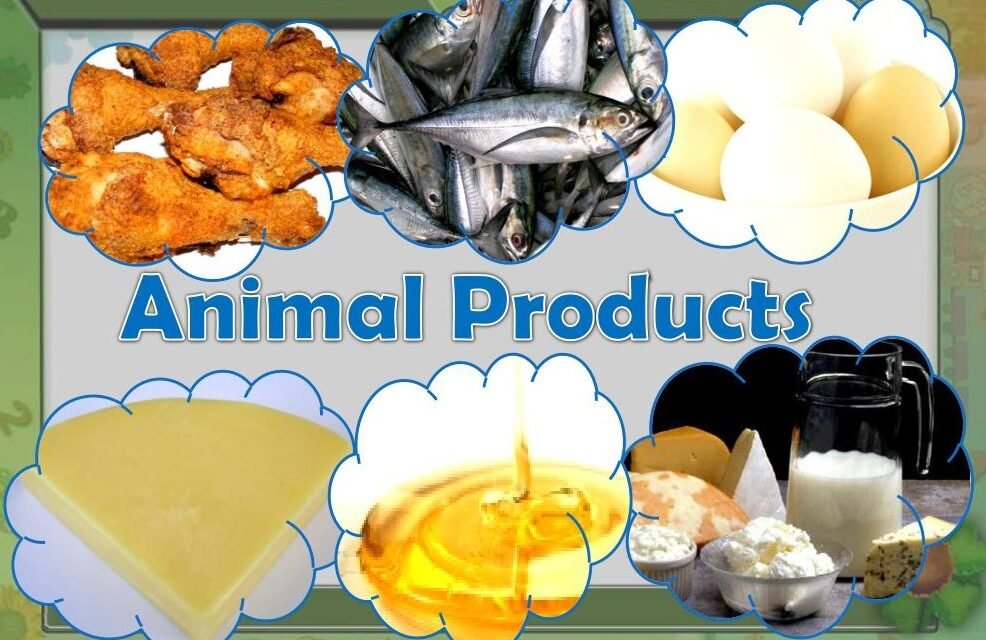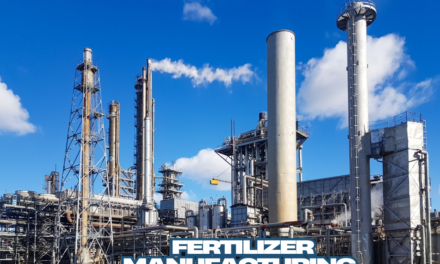The production of animal products raises several ethical concerns, primarily revolving around the treatment of animals, environmental impacts, health implications, and broader societal considerations. Here are some of the main ethical issues:
1. Animal Welfare
- Factory Farming: The conditions in factory farms, where animals are often kept in crowded, confined spaces, can lead to suffering due to lack of movement, natural behaviors, and social interaction. Practices like gestation crates for pigs and battery cages for hens limit the animals’ ability to move and cause significant distress.
- Slaughter Methods: Ethical concerns arise regarding the methods used to kill animals for food. Some practices, such as inadequate stunning before slaughter or religious slaughter methods like halal and kosher, can lead to pain and fear if not done humanely. The ethical question revolves around whether these methods cause unnecessary suffering.
- Animal Sentience: Many animal rights activists argue that animals, being sentient beings capable of experiencing pain and emotions, should not be exploited for food or products. The morality of killing animals for food, when alternatives are available, is a key issue.
2. Environmental Impact
- Greenhouse Gas Emissions: The livestock sector is a significant contributor to climate change due to the production of methane, a potent greenhouse gas emitted by ruminant animals like cows. This raises ethical concerns about the environmental damage caused by the demand for animal products.
- Land Use and Deforestation: Animal agriculture requires large amounts of land for grazing and growing animal feed. In some areas, this leads to deforestation and habitat destruction, which has adverse effects on biodiversity and the environment.
- Water Consumption: Livestock farming is water-intensive, requiring large amounts of water for animals, feed crops, and processing. The ethical concern is whether such high water usage is sustainable, especially in regions facing water scarcity.
3. Health Concerns
- Antibiotics and Hormones: In intensive animal farming, antibiotics are often used to prevent disease in crowded conditions, and hormones may be used to promote growth. Overuse of antibiotics contributes to the rise of antibiotic-resistant bacteria, which is a significant public health risk.
- Foodborne Diseases: The spread of pathogens like E. coli, Salmonella, and Campylobacter is more common in animal products, particularly when not handled or cooked properly. This raises concerns about food safety and the risks associated with consuming animal products.
4. Worker Exploitation and Safety
- Labor Conditions: Workers in factory farms and slaughterhouses often face poor working conditions, low wages, and high risks of injury. The ethical dilemma here involves whether it is justifiable to subject workers to such conditions for the production of animal products.
- Psychological Stress: The nature of slaughterhouse work can lead to emotional distress for workers, who may experience trauma or desensitization from regularly slaughtering animals.
5. Cultural and Social Implications
- Cultural Traditions vs. Ethical Standards: Many cultures have long histories of consuming animal products, and for some, animal consumption is deeply embedded in their traditions and way of life. Ethical concerns about the treatment of animals often clash with these cultural practices.
- Economic Dependence: In many regions, animal agriculture is a vital part of the economy, providing jobs and sustenance. The ethical concern lies in whether the economic benefits justify the exploitation of animals and the environmental damage caused by intensive animal farming.
6. Alternatives to Animal Products
- Plant-Based and Lab-Grown Meat: As ethical concerns about animal product production grow, there is increasing interest in alternatives like plant-based meat and lab-grown meat, which aim to provide the taste and texture of meat without harming animals. These alternatives are seen as more ethical and sustainable options in light of the concerns mentioned above.
These ethical concerns are shaping public discourse, driving changes in consumer behavior, and influencing policies aimed at improving animal welfare, reducing environmental harm, and ensuring food safety in the animal products industry.









